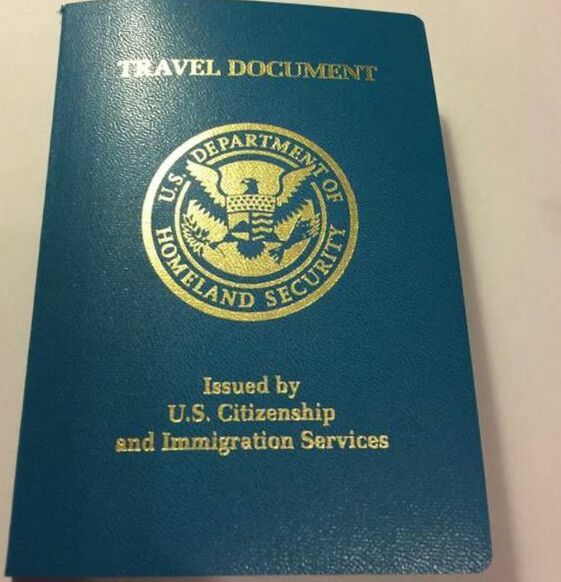Asylum applicants, asylees, and lawful permanent residents who obtained such status based on their asylum status are subject to special rules with regard to traveling outside the United States.
--> An asylum applicant who leaves the United States without first obtaining advance parole shall be presumed to have abandoned his or her asylum application. Advance parole (see: USCIS Form I-131) allows certain aliens to return to the United States without a visa after traveling abroad.
Asylum applicants must receive advance parole before leaving the United States.
Advance parole does not guarantee that the alien will be paroled into the United States. Rather, the asylum applicant must still undergo inspection by an immigration inspector from United States Customs and Border Protection (CBP).
--> Asylees: Asylees (individuals who have been granted asylum) may travel abroad with the prior approval of the Secretary of the Department of Homeland Security (DHS). Such prior approval comes in the form of a refugee travel document. A refugee travel document is valid for one year and is issued to an asylee to allow his or her return to the United States after temporary travel abroad.
Generally, the asylee should obtain the refugee travel document prior to departure from the United States, though the applicable regulations also permit the issuance of a refugee travel document abroad under certain circumstances. Like advance parole, a refugee travel document does not guarantee admission into the United States. Rather, the asylee must still undergo inspection by an immigration inspector from CBP.
--> Lawful Permanent Residents: Lawful permanent residents who obtained such status based on their asylum status may also travel abroad with refugee travel documents.
Read more here and here.


 RSS Feed
RSS Feed